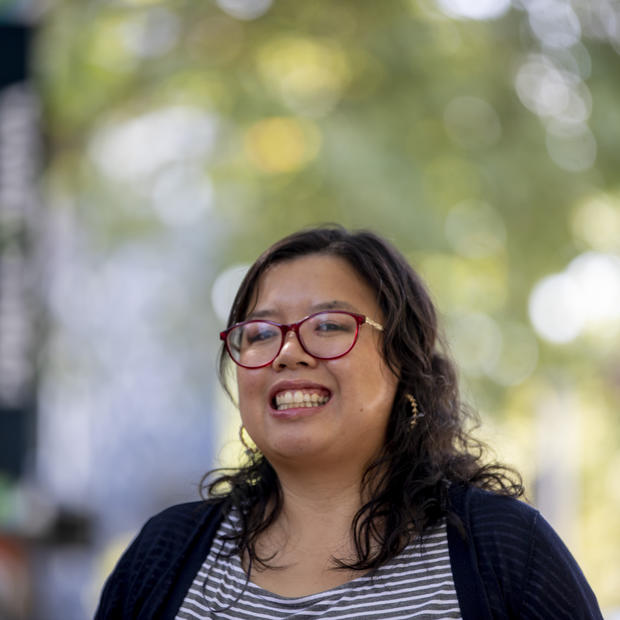As a result, I wasn’t surprised how grassroots activism played out in recent pushes for immigration reform as the Biden administration’s Build Back Better plan moved through Congress.
As Crosscut communities reporter Maleeha Syed and I highlighted in our recent package on immigration, many immigrants are tired of others defining their narrative, almost reducing them to pawns in a political back-and-forth.
“To see policymakers, elected officials, play politics with the lives of people like me, with the lives of my family, it’s very disheartening,” Catalina Velasquez, deputy director of the Washington Immigrant Solidarity Network, told me.
Hearing from immigrants and advocates affirmed why it was important for Maleeha and me to tell this story now. When we started working on this package a few months ago, we agreed that immigrants — not politicians — needed to be at the center of our reporting.
“It's common sense that waiting for citizenship can be a grueling, stressful process, but talking with people about their experiences gave me better insight into just how long some immigrants have had to live with uncertainty or rely on relatively temporary options, like DACA,” Maleeha told me after our stories were published.
My story on immigration reform advocacy reminded me of the number of proposals that have gone through Congress in the past two decades with little success. Part of my goal was to understand what it took to advocate for such policies — and have the resilience to push forward despite constantly hitting roadblocks.
And that has undoubtedly been the case with Build Back Better, which aims to improve the economic prospects of the middle class.
Immigrants and advocates had hoped that the legislation would provide the relief they have been denied for decades. But over the past few weeks, those hopes were dashed with the withdrawal of support from Democratic Sen. Joe Manchin and Senate Parliamentarian Elizabeth MacDonough’s rejection of including immigration as part of the budgetary bill in the first place.
Our reporting made clear why immigrants refuse to stay on the sidelines and are unwilling to settle for political compromise. Some advocates may see the Build Back Better plan's parole option, in which immigrants would avoid deportation for several years, as a small step toward progress. But many immigrants are tired of settling for anything, especially temporary solutions that don’t offer a path to citizenship.
“To me, it’s just a Band-Aid that will come off, and the injury will still be there,” Gabie Mendoza told Crosscut. Mendoza moved to the U.S. more than 20 years ago, fleeing an abusive marriage.
It’s easy to get caught up in Congress’ political theater, but as we learned while reporting these stories, immigrants and advocates are determined to make sure their stories aren’t lost in all the debate.
This story was first published in Crosscut's Weekly newsletter. Want to hear more from reporters like Mai Hoang? Sign up for the newsletter, below.
Get the best stories of the week
This weekly newsletter dives deeper into one story and how it was reported, along with curating the best stories of the week.



